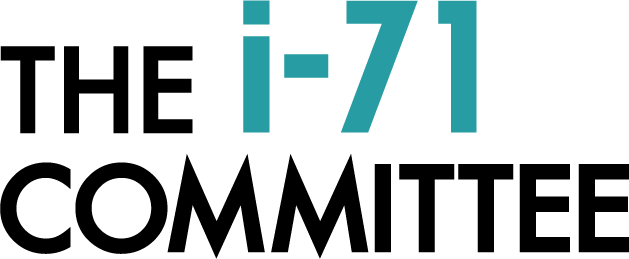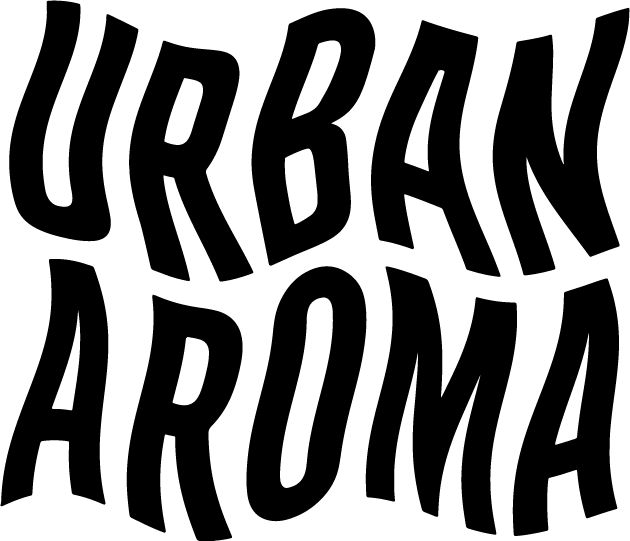It had all the trappings of any Washington party thrown by a trade group: free drinks on a swanky rooftop bar with a view of the U.S. Capitol, plenty of networking, and a panel discussion. But the free marijuana handed out to guests at the end of the night was a hint this was something different.
The party on Wednesday night was hosted by the I-71 Committee, a new coalition of D.C. businesses that currently “gift” marijuana and are pushing the D.C. Council to clear the way for them to enter the legal market for sales — if and when one is ever created.
On any given day a new trade group would seem unremarkable — the city is full of them, after all. But the emergence of the I-71 Committee is part of a literal coming-out-of-the-shadows for dozens of businesses that have otherwise avoided attracting too much attention to themselves.
The businesses — some of which operate as discrete delivery services, others have graduated to full brick-and-mortar retail outlets — don’t technically sell marijuana, which remains illegal. Instead, they sell anything else — food, art, clothing, stickers — and give a “gift” of marijuana with it. They insist it’s fully in keeping with the spirit of Initiative 71, the 2014 voter-approved ballot measure that legalized personal use, possession, home cultivation, and gifting of marijuana. City officials tend to disagree, and police regularly raid events and stores that gift marijuana.
But groups like the I-71 Committee, Generational Equity Movement, and D.C. Craft Cannabis Coalition are now stepping into the light, publicly organizing and lobbying Mayor Muriel Bowser and D.C. lawmakers to not just call off the police, but also create some sort of pathway for the gifting businesses into a legal marketplace.
“We’re establishing our independence, our conviction to be our true selves,” said Darel Dawson, president of the I-71 Committee and owner of Peace In The Air, a gifting shop in Adams Morgan — one of roughly a half-dozen businesses that are part of the new committee.
Participants in the different groups say that a number of factors motivated the newfound public advocacy, including a mix of hope and fear. In terms of hope, the 2020 election made a difference.
“The election of Biden and a Democratic House and Senate signaled to people this could be real, this means the rider will likely be removed,” said Meredith Kinner, an attorney who works with budding marijuana entrepreneurs and is part of the team leading the Craft Cannabis Coalition.
Kinner is referring to the Harris Rider, the seven-year-old federal budget provision that prohibits D.C. from moving forward on legalizing recreational marijuana sales. It was drafted by Rep. Andy Harris (R-Maryland) shortly after D.C. voters endorsed Initiative 71, leaving the city stuck in a regulatory gray zone where businesses “gift” marijuana but can’t actually sell it — and the city can’t properly regulate or tax it.
On the side of the fear, some business owners realized that even as most D.C. lawmakers professed to support legalizing sales once the Harris Rider is lifted, they were less patient with the growing stature of the gifting businesses — especially when medical marijuana dispensaries (which are taxed and regulated) said they were quickly losing business to their non-regulated competitors. Late last year, D.C. Council Chairman Phil Mendelson introduced an emergency bill that would have ramped up civil enforcement on gifting businesses, levying hefty fines and even shutting some down.
“People realized that if we don’t take action the whole industry could be threatened,” said Kinner, whose coalition has working with a lobbying firm run by former councilmember David Catania and two of his senior aides.
Those realizations have become more acute as gifting businesses have grown, says Moira Cyphers, a lobbyist for the Generational Equity Movement, which represents five gifting stores. “When you’re employing a bunch of people it’s not just you facing legal repercussions,” she said.
That lead to a spurt of public advocacy for the council to back down — which it ultimately did. But the threat of legislation still remains; Mendelson has since hinted that he may again bring up a bill to tighten the reins on the gifting market.
And on the federal side, the Harris Rider seems to be staying put. Multiple sources — including D.C. Del. Eleanor Holmes Norton — have told DCist/WAMU that the rider is expected to remain in a federal budget bill Congress has to pass next month, pushing any future debate over its fate to later this year. That means two bills before the council that would fully legalize sales — one from Bowser, the other from Mendelson — will remain in limbo for the time being. But even if the rider were to be lifted later this year, the fate of the midterm elections and who controls Congress next year could decide whether the council even has a chance to pass a bill.
“I don’t know what’s going to happen with the House of Representatives in November, but our window is super limited,” said Councilmember Christina Henderson (I-At Large) on getting the Harris Rider lifted. “That has been one of the messages we have expressed to our allies in the Congress — it has to happen this calendar year or we’re going to miss our window. We feel this is a moment where it is incumbent upon us at the council to have our ducks in a row so that the moment the rider is lifted we can get the ball rolling and move forward.”
Mendelson took that first step in November, when he held the council’s first-ever public hearing on his bill to legalize sales. (That the hearing even happened was monumental; in the past the Harris Rider was interpreted broadly enough the lawmakers said they weren’t even allowed to debate legalization.) And the new coalitions and committees representing the gifting businesses are getting involved, largely by trying to create a pathway for them to eventually become legal sellers.
“We really envision a market that is easily accessible because we believe that’s the most socially equitable thing to do,” said Grace Reeder, executive director of the I-71 Committee. “And really, we think D.C. could change the way people handle cannabis legislation and how they handle social equity, especially with in the cannabis industry. And we think that we can do that here.”
The committee has been trying to sell the point that D.C.’s existing gifting industry — legality aside — is both homegrown and diverse, compared to many regulated markets in other states where a majority of business owners are white. The committee surveyed some gifting businesses and found that more than half of their employees are Black and almost half are D.C. residents.
But as long as the gifting businesses are viewed as being on the wrong side of the law, they face the risk of being raided by police. One such raid happened earlier this month at a gifting shop on H Street; police say they confiscated one illegal gun and a BB gun from employees there. Tomás Talamante, Bowser’s deputy chief of staff, says police continue looking at gifting businesses and events because there have been instances of violence associated with some of them.
“We have had some situations where we have seen due to the gray market, there have been situations of shootings and homicides,” he said. “It’s an imperfect system we find ourselves in.”
To that end, Reeder says the I-71 Committee is trying to set its businesses apart, noting that they have proper business licenses and pay sales taxes on the products they sell. “We’ve been working on trying to develop a set of sort of industry standards that we can put out to kind of demonstrate, you know, these are some of the things that good businesses who prioritize consumer safety and care about the community and give back to their community,” she said.
Still, Reeder and others concede that for as much as they are now publicly pushing Bowser and the council on issues related to marijuana, there is only so much the city’s government can do while the Harris Rider remains in place. In the meantime, more changes could be in the offing to allow more people to buy from medical marijuana dispensers. Mendelson is considering legislation to allow anyone over the age of 21 to self-certify that they need medical marijuana, instead of having to seek a doctor’s recommendation.
“As much as we ask and as much as they want to provide protections for our employees, [the council’s] hands are tied when it comes to the fact that D.C. can’t have final say over its own laws,” said Reeder on the fate of broader legislation to legalize sales. “So that’s really where we’re trying to kind of find a common ground because this is not a topic or an issue that happens in every cannabis industry. It’s really unique to D.C.”



